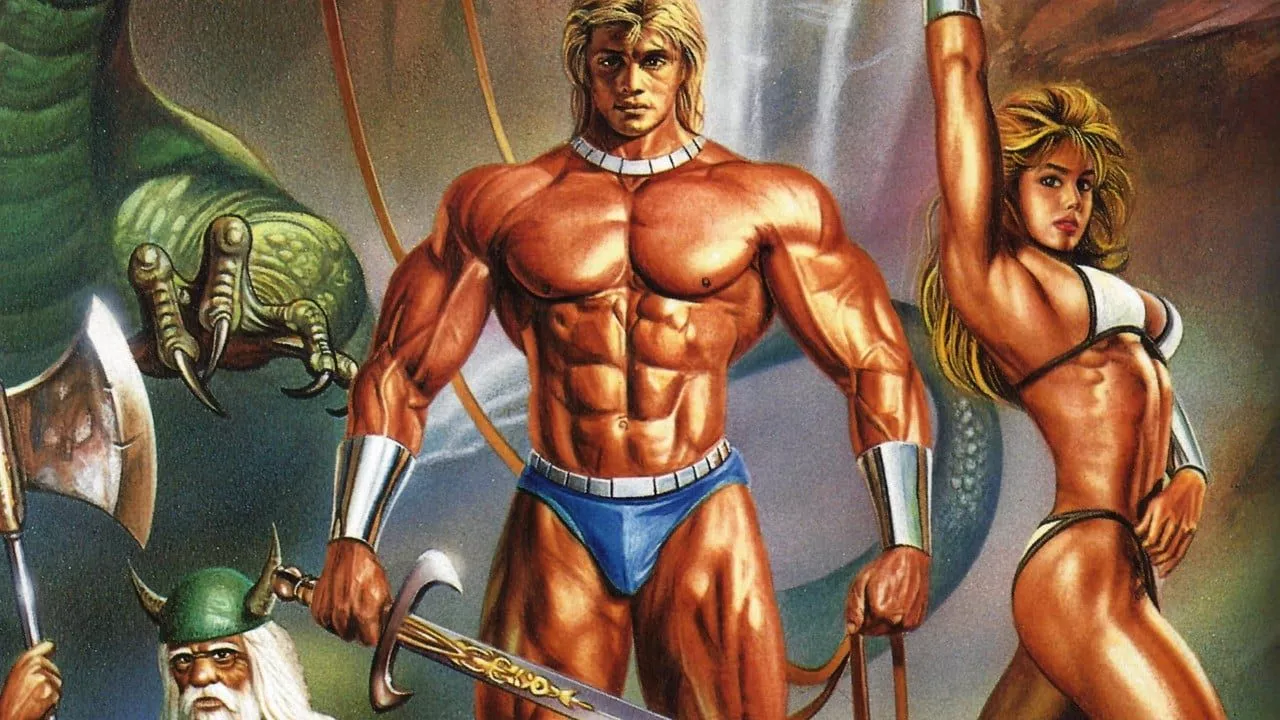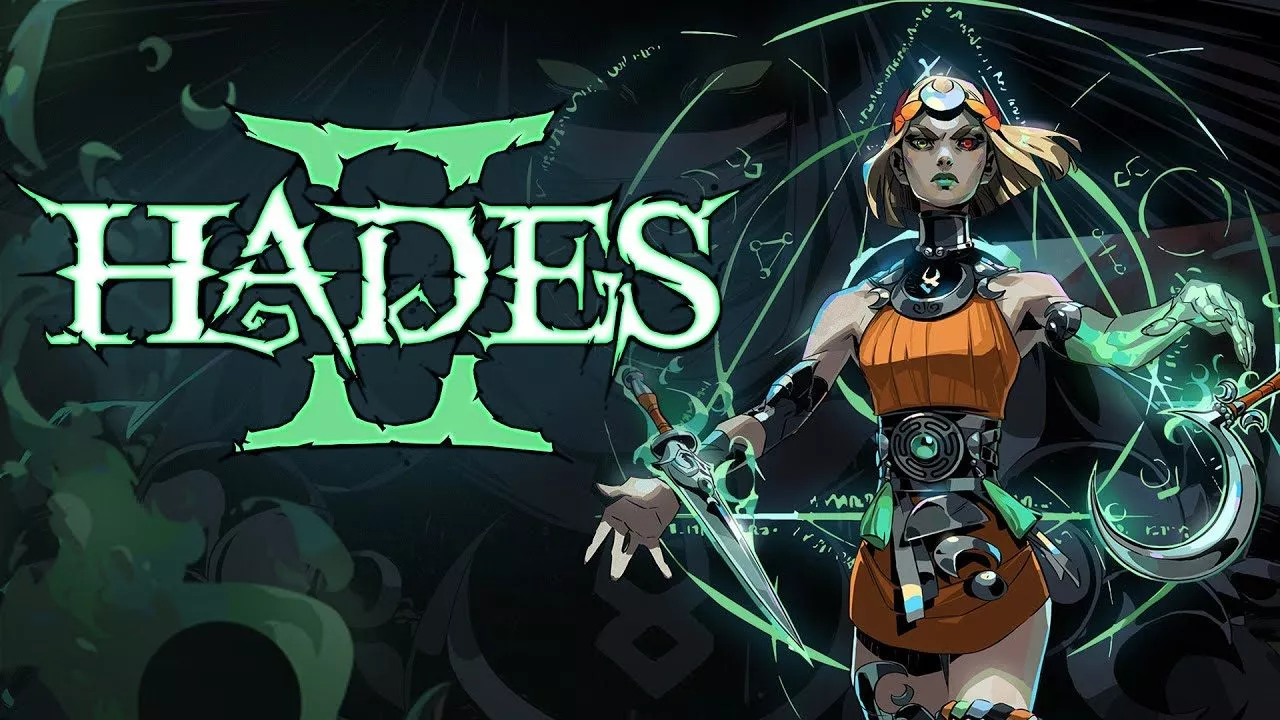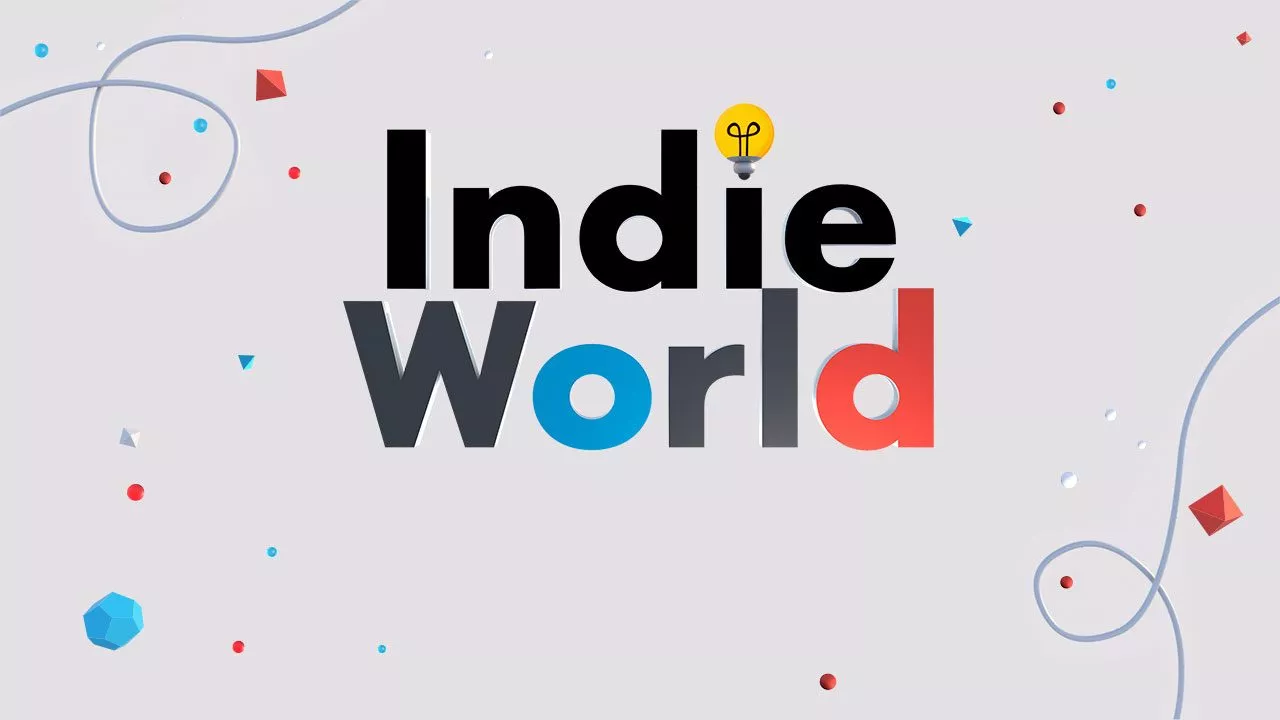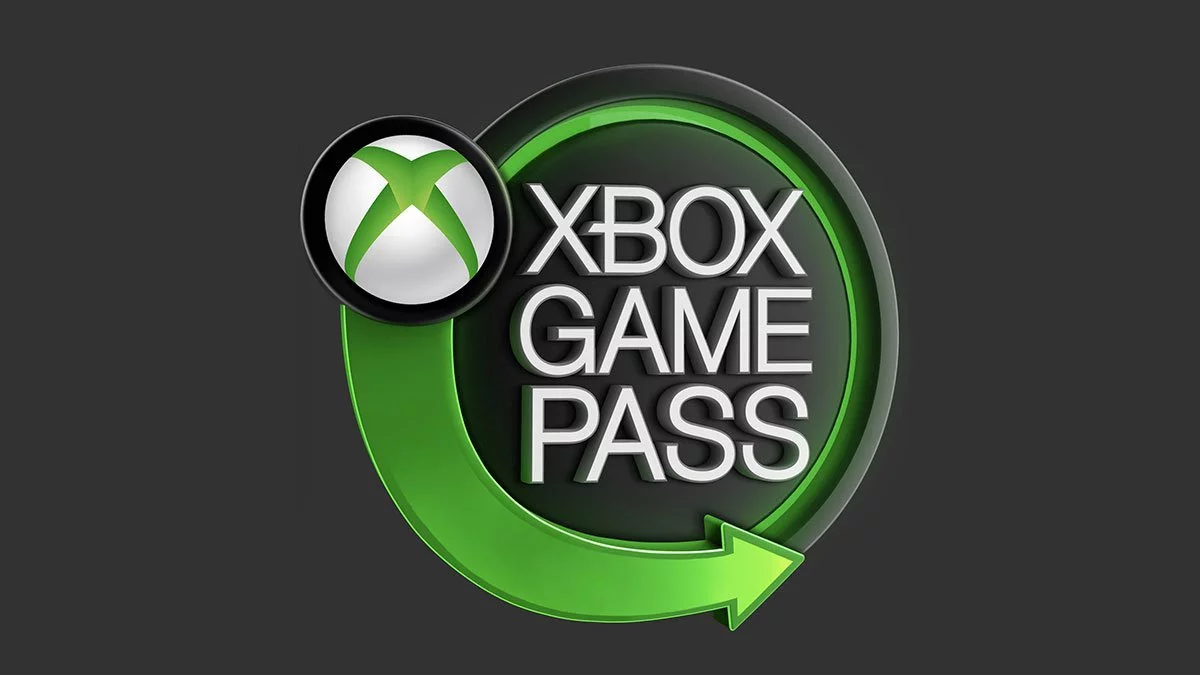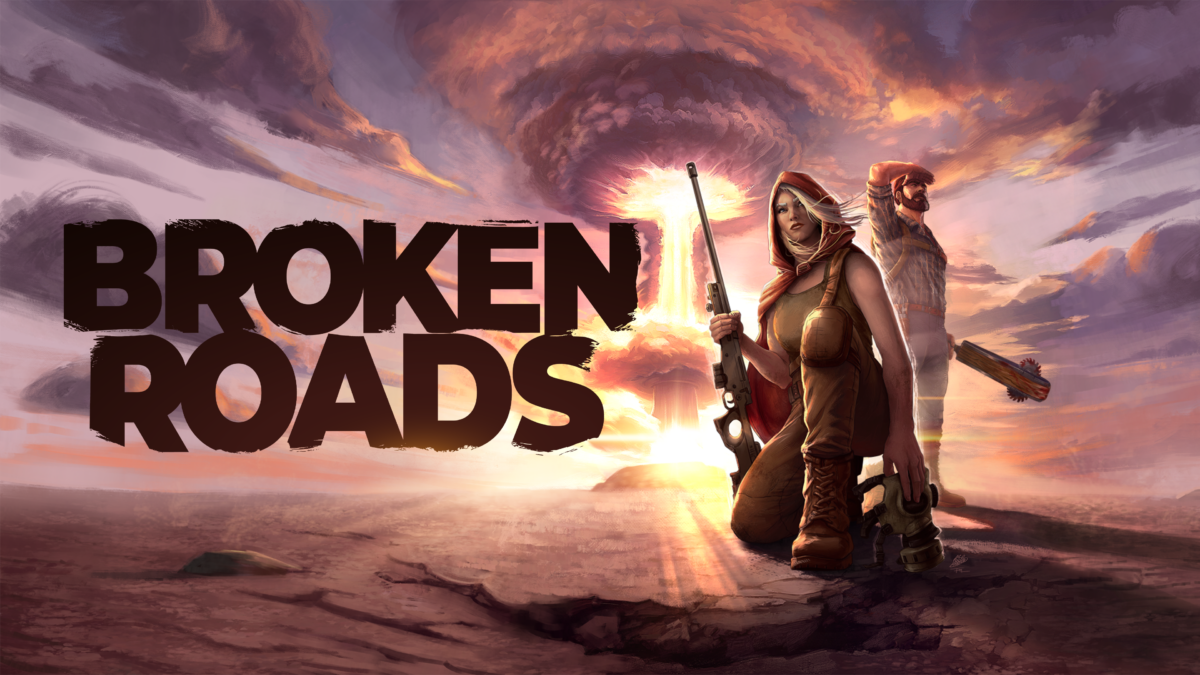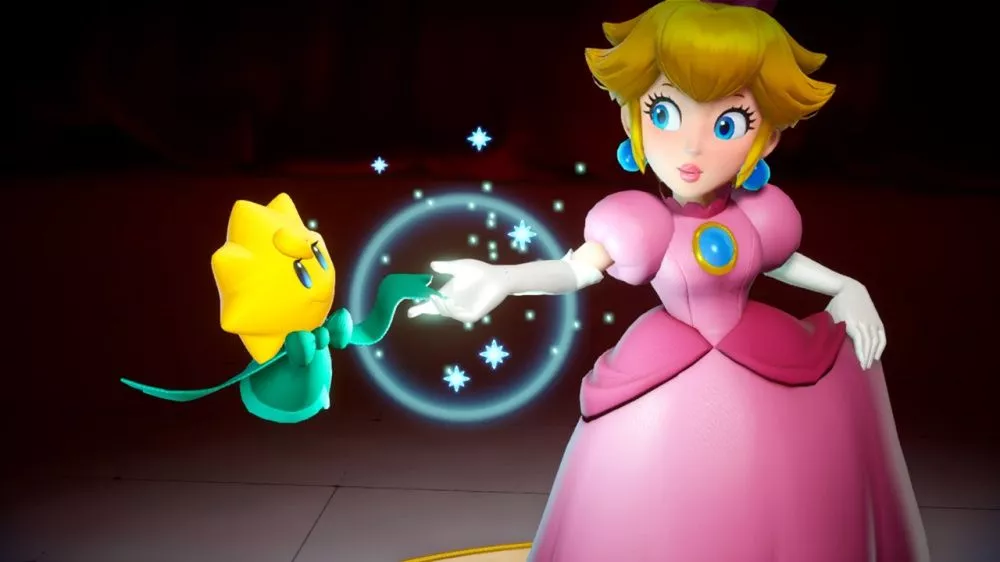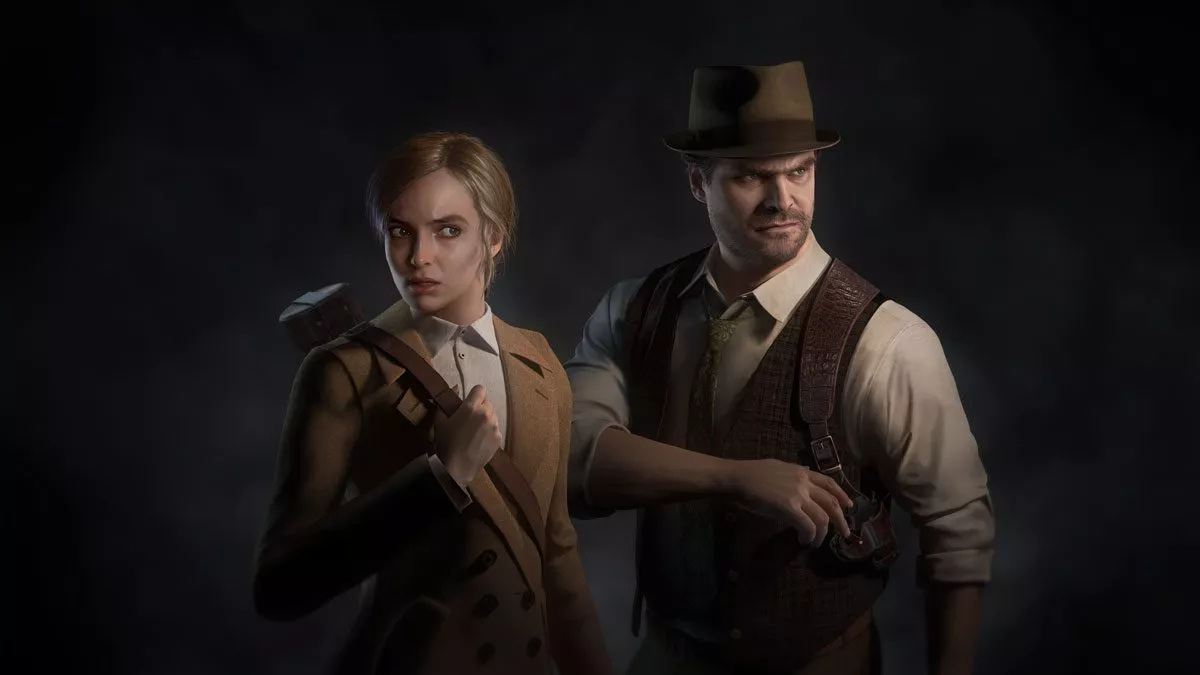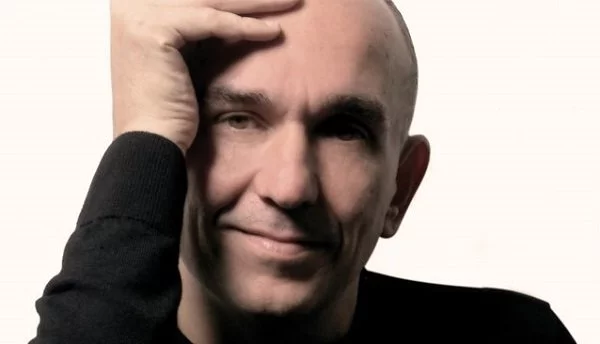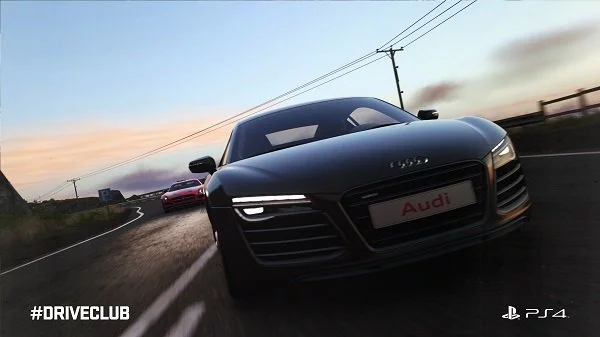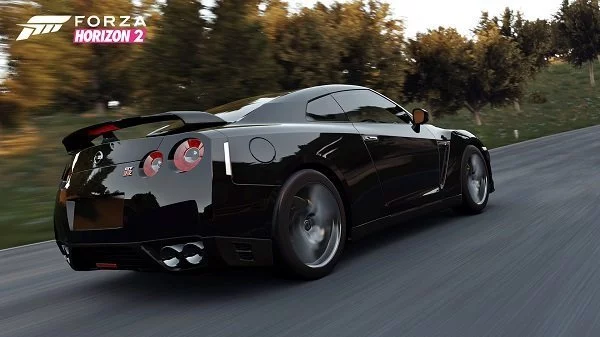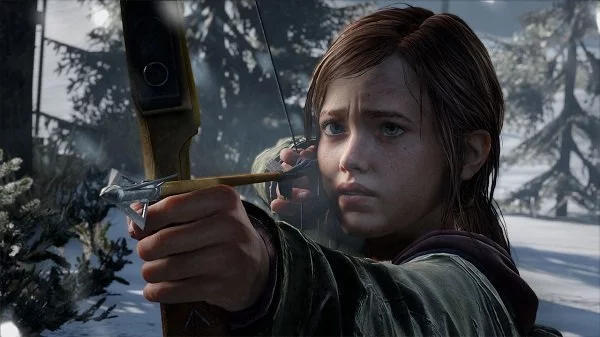Microsoft versus Sony, Battlefield versus Call of Duty and Forza versus Gran Turismo. These are some of the rivalries that can get people talking about console wars. “Game On or Game Over” is your place to get inside the minds of Nicholas and Andy as they seek to find the true meaning of gaming and tackle some of gaming’s most controversial subjects. Both are award winning authors – although the awards haven’t been mailed or created yet — but trust them. Would they lie to you?
Nicholas: From the moment it was announced to its release last week, there was a lot of discussion surrounding Sony’s first exclusive racing title for the PS4, Driveclub. It looked impressive when the console was first announced so there were talks about that. Then it was delayed significantly and there were talks about how the game was in serious trouble – some even theorizing that it would never see the light of day. Alas, after all this time, it was launched around the world last week and it seems like the reception it’s received has been far from positive. Even Stevivor rated it as average, calling it “an incredible looking driving game, but it’s not a good racing game”.
The reason I bring this up is because a week prior to its launch I had the chance to sit with the design director at Evolution Studios, Simon Barlow, about the game. Despite not owning a PS4 and even being slightly let-down by the demo of Driveclub that I had the chance to play last year at the EB Expo, I was really excited for what it was going to offer after chatting with Barlow. The enthusiasm he had for the game was legitimate, and the features and aspects of the game we spoke about really made Driveclub sound like it was going to be a stand-out racing title. I even had the chance to play it again a few days prior to its launch at this year’s EB Expo and I really liked it.
It was therefore somewhat disappointing to see that the general consensus of Driveclub was underwhelming. Now I don’t want this week’s discussion to be a Driveclub mourning session, but more so I wanted to delve into the situation we see above, where a developer seems optimistic about their product, but the final reception from the media are less than impressive. To kick things off, I wanted to ask why you think these situations occur? Do you think developers will always talk highly of their game even when they know it’s average compared to the competition, or do you think actually have high hopes that their onto a winner?
Andy: I do, but I can’t begrudge them for it either to be honest. The men and women who work on these games pour their hearts and souls into them, often sacrificing time with their families during crunch time to ship the best game they can. It’s only natural that they are all extremely proud and enthusiastic about the game they made. Much like a parent who extols the virtues of their child, a developer will always be proud of their game. In addition to that, the business side of it means they really want to sell as many copies of their game as they can. Whenever a developer talks about a game, they are naturally going to talk about everything that is awesome about it and put it in the best light possible. I’d do the same thing if I was in their shoes.
We’ve talked before about how we are living in the age of hype. Pretty much every game that comes out now has a marketing blitz behind it, so it’s easy to get wrapped up in the hype, add to that constant dev diaries and what have you and every game looks like it will be a true Game of the Year candidate. As a gamer it stings when I get wrapped up in the hype and get my expectations unreasonably high, only for a game to not be what I was anticipating. Another thing to consider is that no matter how good a game is, it just won’t resonate with every gamer. A game can’t be all things for everyone. A perfect example, much like Driveclub, is Forza 5. Beautiful gam and technically very sound. However, for me it quickly became boring and bland. Whereas, a game like Forza Horizon 2 appeals much more to the how I prefer my racing games to be.
If a game can’t be all things to everyone, then when a game does promise to be everything… and more… it’s only natural that some gamers will feel let down. It’s one of the negatives about utilizing such a marketing strategy. If you promise gamers the latest, greatest and best game, but it fails to deliver everything, gamers will understandably be frustrated. Oddly enough, this is one of those times where I can totally understand the perspective of the developer. Usually I am one of the first people to call out practices that I think are unscrupulous or dishonest. In a case of a developer being enthusiastic about their game, I don’t know if I can find a lot of fault there, unless it’s tied to other things. Merely being excited for something that you have worked on for a couple years, that’s pretty normal and expected in my opinion. Like you mentioned, you had the chance to talk to Simon and after talking to him you left with a pretty good impression. Looking back, do you think anything he said or represented was inherently dishonest? Do you think it’s wrong for developers to be excited about sharing their creation with gamers? Should they be more measured in how they market their games?
Nicholas: Not necessarily, no. Without spending more time with the game it’s hard to determine whether Evolution have accurately captured that ‘emotional connection’ with cars, but everything else seems like it’s on the mark. Like you mentioned above, I don’t doubt for a moment that the team working on the game didn’t give it their all, so I’m sure that the developers really did set out to achieve all the features and aspects that they describe. Like you said before though, I think there comes a point where your impression of the game and what it offers becomes diluted – you’ve been working on it for months (if not years), and eventually you don’t see flaws anymore. I think for that reason we should probably take interviews with a grain of salt – not to suggest the developers are lying, but to know that perhaps their impression/vision of their game might be slightly exaggerated.
Saying this though reminds of Peter Molyneux and the Fable series, and how he was notorious for talking up the newest game’s features which eventually didn’t end up being in the game, or at least not in the way he described. Depending on when an interview takes place, there could be months between it and a game’s release, and in that time there can be massive changes to the game and it’s features. I spoke about taking interviews with a grain of salt above, do you think we also need to factor in the content of an interview and the time to release when reading about what we can expect? If a game radically changes in a period of time where a developer has spoken about certain features and those features then change, should they come out and discuss this?
Andy: Man, there’s a lot to talk about there. Let me take that piece by piece. First, I do think interviews and development diaries should always be taken with a grain of salt. I mean, let’s be honest, no developer is going to come out and say “We were really trying to implement <insert game mechanic or feature here> but we couldn’t get it to work so we settled on <insert second rate mechanic>.” I don’t think gamers really expect them to say that though to be honest. You hit the nail right on the head when you said after working on a game for so long, and being so invested in its creation, that has to be a point where you stop seeing things as they are and instead it’s replaced by what you think they are. It’s not done maliciously I don’t think. I think it’s actually akin to writers working on a story, review or what have you and then having an editor look at it because there are things that we miss.
Now to your other point. I’m willing to bet every game when it’s in its early stages has several features, ideas and sections that never make it into the final product for whatever reason. We are in an era where we almost expect to know everything about a game at each stage of its development. It’s both a good thing and a bad thing though when you really think about it. It’s good in that fans have a front row seat into the development. It’s a negative because, that front row seat offers up some expectations that realistically can’t be filled, and when they aren’t filled fans feel cheated. I know Molyneux has gotten his fair share of negative press due to his promises of what will be in his games and what ends up in his games. I know many gamers like to poke fun at him and use his name in disdain, but I’m not sure all of that is deserved – at least not for the reason they are doing it.
Now, before you smack your head on your keyboard let me explain. Yes, I know he has made a lot of declarations about his games that never pan out, but at least he’s thinking outside the box and attempting to push the envelope. I think he legitimately has grand visions for his games, but for a number of reasons some of those elements just can’t make it into a game. Should he then come out two years later and offer up a checklist of things that are and aren’t in a game? I don’t think so, that would give the impression to gamers that they cut corners and there are fewer options in the game. Maybe I’m alone in this opinion, but I’d actually like to see developers dial it back a couple notches and not release as much information about a game prior to its release. Things like ‘watch the first 60 minutes of gameplay’, ‘development diary series’, ’15 different trailers’, the list goes on and on. Maybe this is a case of developers being their own worst nightmare, and by giving gamers so much advanced information about a game they are really doing their game a disservice. Is this a case of less is more? Should developers consider going back to the days of teaser trailers and little nuggets of information over these long reveals and videos?
Nicholas: For sure. We’ve spoken numerous times about the hype train and the perils it may bring, and I think this directly ties into it. There’s certainly that balance that needs to be made between providing gamers enough morsels of information so that they don’t forget your game exists and are still keen for its release, but then not to provide too much information that they have unrealistic expectations and are subsequently disappointed in its release.
Something that comes to mind, and which I can see reading back on the interview I conducted with Barlow, is how developers try to sell their game to make it stand out from the competition. With the case of Driveclub it was described as attempting to “recreate the emotional connection you have with a car. You should get a thrill getting behind the wheel of one. Racing games haven’t necessarily captured the feel of that.” That itself is a massive call. For me, an emotional connection with a car comes with more than just racing one, but appreciating the look of the car – both its interior and exterior, it comes with driving it too and taking in the engine and exhaust notes both when driving and idling. To suggest that no game ever has recreated that feel and Driveclub does, especially when Driveclub is a racing title and doesn’t feature free-roam is perhaps a claim that was destined to fall apart from the beginning?
Further on this, every time a new game is being promoted the developers always talk about how their title is the new best thing, the next step and innovation for gaming. In reality though, how often does a game truly blow your socks away? Even Forza Motorsport 5 in all its glory didn’t seem like a significantly large step forward for racing simulators, and nothing since Forza Horizon has done the same for arcade racers either. Going on a slight tangent here, when was the last time you played a game that made you think, “wow, this is the future of gaming” and do you think it’s perhaps naive of us as gamers to think that such advancements will be made just because there’s a new generation of consoles?
Andy: That’s a great question. Gamers like to proclaim how “awesome” a game is. We tout the many things that make it stand out above its peers. I know I have done that very thing in the past, and actually am doing it with the game I am currently playing, Forza Horizon 2. Yet, looking at FH2 even I can admit there is nothing revolutionary about it. It is what it is, a fun racing game, but it is by no means genre-defining. Do I like it? Absolutely. Is it a game I think everything should play? Yes. Does it totally redefine the genre and give future racing games the bones to create their own masterpieces? No, not really. Let’s look at another game that was extremely well received by reviewers and gamers alike – The Last of Us. It was a fun game, solid good pacing, characters and a very good story, but at the same point when push came to shove I don’t think many people would be able to point to something from it that revolutionizes how games are made or played. That’s OK though, not every game needs push the envelope so far that it creates change. Like we said last week, gaming is about having fun. If you can load up a game and have fun, that’s all we can really ask for.
I don’t think we’re naïve in assuming that due to the new generation of consoles there is naturally going to be some changes to, at least a few, tried and true games, mechanics and ideas. We may be a little naïve in expecting those things to happen right away though. We are quickly approaching the one year mark of the current generation of consoles being on the market, sure we’ve seen an uptick in graphics, crowd sizes and world sizes but the true revolution isn’t really here yet. If you look at the games that have been announced so far it seems like the evolution of gaming, at least in its early stages for this generation, is world size and graphics. Neither of which are reason to praise this current generation. Don’t get me wrong, both of those things are nice, but they aren’t ‘new’ either. It seems developers want to differentiate their games from others, and the only way they have to do that right now is to talk about their games in broad strokes and ideas because at the end of the day there is really not that much different between them.
To bring this back around, it’s important to keep perspective on what developers say when they are talking about their games and why they are saying it. They are trying to generate excitement for their game, to increase sales. There is no sales person at EB Games or GameStop that will be better at talking up the game then the developer. They are just like a car salesman really. Get you to pay attention to everything good and amazing while trying to brush over the not so great things. It’s not inherently wrong or dishonest but as we talked about earlier we need to take all that prerelease information with a grain of salt. I remember reading an interview with a developer who said the ads and trailers aren’t made for the people who know they are going to get the game. They are made to entice those who aren’t sure about the game. In that case it makes even more sense that they wouldn’t cover the things that are less than glowing about your game.
Here’s a question for you though. You had actual hands-on time with Driveclub before its release, you had the interview and you thought you had a good feel for the game. Even with all that information and hands-on time, a game you were somewhat interested in still failed to impress in its final form. Do you think there is a way gamers will ever be able to filter out all that information and know what a game is going to be like on release? Or will it always be a guessing game with the chance for disappointment? Lastly, is this another reason gamers should be less willing to get games on day one instead waiting for a couple reviews to surface to make sure they weren’t misled?
Nicholas: If gamer’s want to avoid information they just need to stop looking for it. So far we’ve mentioned developer interviews, developer diaries, trailers and gameplay footage, and each of these requires the individual to sit down and actually read/watch them. If gamers are interested in filtering this stuff out then all they’ve got to do is make sure they don’t follow links to articles or videos and they’ll be fine. Of course this can lead to a guessing game and potentially disappointment if the game they bought doesn’t turn out to be as fun as they might have hoped, but that’s a risk with all games really. As we’ve seen with Destiny, you can have a massive budget and a well-known and established studio behind you, but that doesn’t necessarily mean it’s going to be a 10/10 game. At the same time though we need to remind ourselves that what might be a 5 for me could be an 8 for you, so just because a game rates poorly doesn’t mean it still can’t be fun for others.
As for buying a game on day one, that’s just another risk gamer decide to take on when they purchase at launch, but once again, this is no different to any other product you purchase when it’s initially launched. When buying a new car you won’t know what issues with build quality you’ll have down the line, when purchasing a new phone you won’t know what bugs you might come across and with games you won’t know whether you’re going to enjoy the way it plays. Once again though there’s just a trade-off that needs to be made. If you can’t wait to play the latest and (potential) greatest then you need to run the risk of buying a dud game – it’s just how it is.
To wrap things up this week I’d like to look at those instances where a publisher forbids the media from publishing reviews of a game until after its launch. For a lot of people they consider this admission from the creators that the game isn’t as good as they had hoped, and by suppressing the reviews they try to maximize as many sales as possible before the bad word of mouth spreads. What are your opinions on this practice, and are there any tell-tale signs you’ve seen before that gamers can use as a “this game isn’t good, back away”?
Andy: Ah, the lovely world of embargos. Hey, review our game, but you can’t talk about it or post the review until a date that we decide. I have two thoughts when I hear about a review embargo. One is as you mentioned, the developer is worried about how their game will be received and as a result puts a tight rein on reviews on when they can talk about it. The flipside is that the game has such an important story or element that the developer doesn’t want spoiled for anyone so they embargo the reviews in hopes that the impact is as much as possible on gamers. Both sides have equal reasonability, the problem is we are left guessing as to the ‘why’ while we are waiting for reviews to roll out.
Which comes right back to what you were talking about. Anytime you buy a game you are essentially flipping a coin on whether it will be a good one or rubbish. Sure, you can hedge your bet at times with knowledge of the developer’s previous titles, the franchise itself, etc. – but the fact remains there are games from solid developers that are part of a franchise that still fall short. Look at Dragon Age 2 for instance. Yet, like you said; just because I think a particular game is a 5/10 doesn’t mean the next person may not give it an 8/10. When I read a review I don’t necessarily care about the scores the reviewer gives it. Instead I am more interested on the content, what did they like/dislike, what worked/didn’t work for the game. Scores are so subjective whereas the content is mostly better grounded in objectivity.
With how expensive gaming is, especially down in Australia, it’s no surprise that gamers want as much information about a game as they can get prior to its release. The catch is all that information is funneled through the developer and publisher and done so to put the game in the best light it can possibly be in. It’s only natural that there will be a time or two where gamers feel like they weren’t told everything. Whether that’s right or wrong, that is how it is. Developers work hard on their games and have a right to be proud of them. Conversely, gamers spend good money on those same games and have a right to expect a certain level of quality. When expectations are unrealistic that seems to be the point where there is the most pushback when a game can’t meet its lofty aspirations. If a gamer really can’t wait to get a game and buys it on day one, then we just have to understand the inherent risks with that. Not everyone is going to like every game. Sure, it sucks when you get a game you’re excited for only to find out it’s not what you were expecting or hoping. But, it sure is worth it when you grab a game and it’s everything you were hoping it was going to be and more. Gaming can be a crap shoot for sure, but when it all comes together it makes for some pretty kickass memories. There’s plenty out there to play, if you get a bad game just move onto another and find something you can have fun playing. Because fun is what it’s all about.
Tune in next time for the next instalment of Game On or Game Over. If you have any ideas for our next article, feel free to contact Andy or Nicholas on Twitter.
This article may contain affiliate links, meaning we could earn a small commission if you click-through and make a purchase. Stevivor is an independent outlet and our journalism is in no way influenced by any advertiser or commercial initiative.


